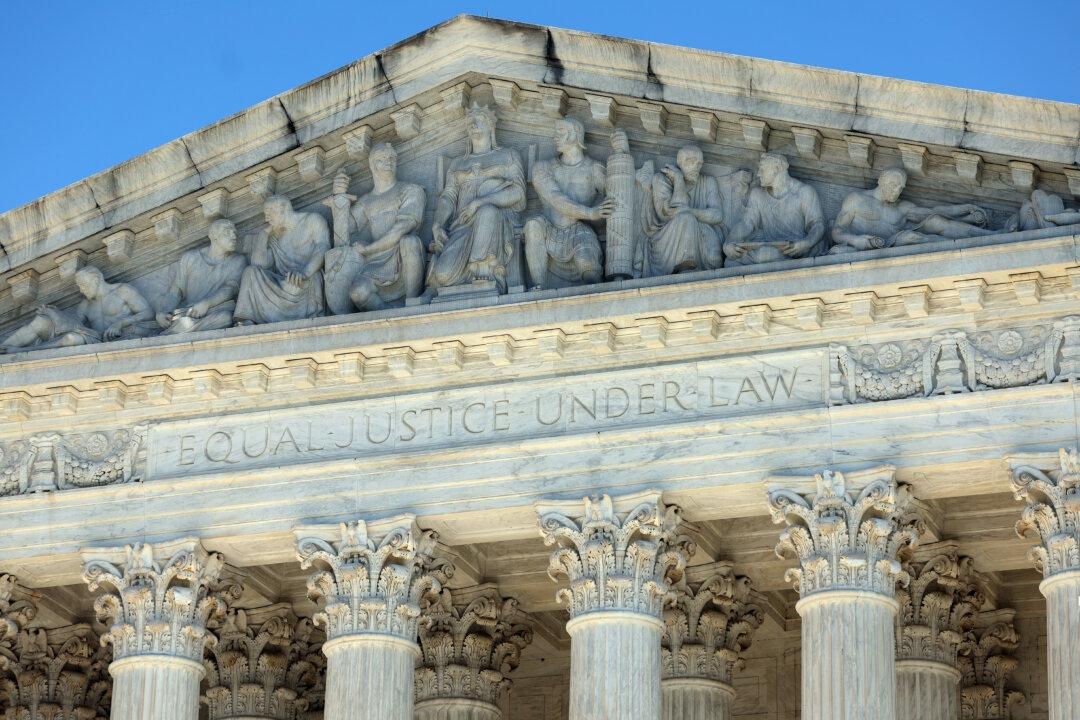The U.S. Supreme Court is scheduled to hear oral arguments on Dec. 3 over whether a group of Holocaust survivors have enough proof to sue Hungary over property seized during the Nazi’s occupation of the country.
The case, which has been ongoing for over a decade, raises questions about the level of immunity foreign countries receive from prosecution within the United States.





